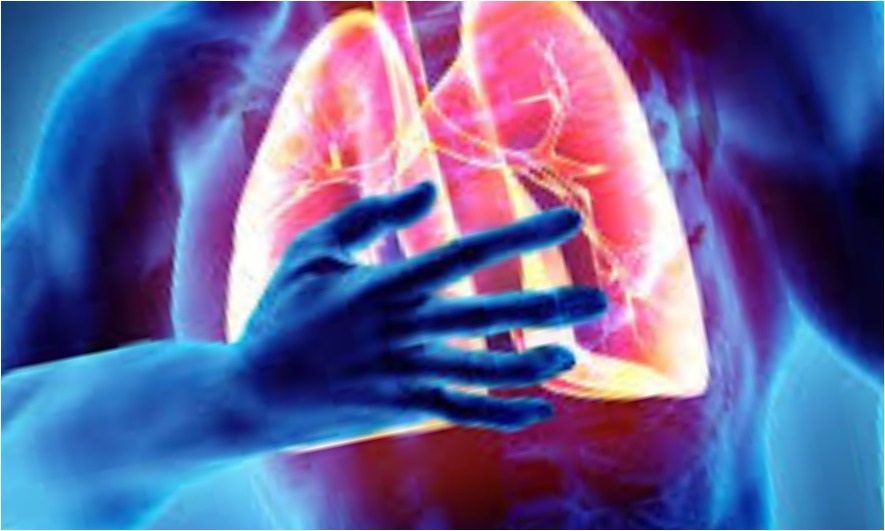
Chest pain or discomfort is a common symptom that can have various causes, some of which may be related to heart health. It is essential to take chest pain seriously, as it can sometimes indicate a significant underlying medical issue, including those related to the heart. If you or someone you know experiences chest pain or discomfort, consider the following information:
- Possible Heart-Related Causes: Chest pain or discomfort can be a warning sign of heart-related problems, such as angina (chest pain due to reduced blood flow to the heart muscle) or a heart attack (when blood flow to the heart is completely blocked).
- Other Causes: Chest pain can also result from other non-heart-related conditions, such as muscle strain, acid reflux (heartburn), lung issues, anxiety, or stress.
- Seek Immediate Medical Attention: If you or someone else experiences severe or persistent chest pain, especially if it is accompanied by shortness of breath, lightheadedness, nausea, or pain radiating to the arm, neck, jaw, or back, do not ignore it. Call emergency services right away.
- Don’t Wait: Never wait to see if the pain will go away on its own, as prompt medical evaluation is crucial in determining the cause and initiating appropriate treatment.
- Risk Factors: It’s essential to consider any risk factors you may have for heart disease, such as a family history of heart problems, smoking, high blood pressure, high cholesterol, diabetes, or a sedentary lifestyle.
- Stay Calm: If you encounter someone experiencing chest pain, try to keep them calm and call for immediate medical assistance.
Remember, chest pain is a symptom that requires immediate attention and evaluation by a healthcare professional. Only a qualified medical expert can determine the cause and provide the appropriate course of action. If you or someone else is experiencing chest pain, err on the side of caution and seek medical help immediately.
